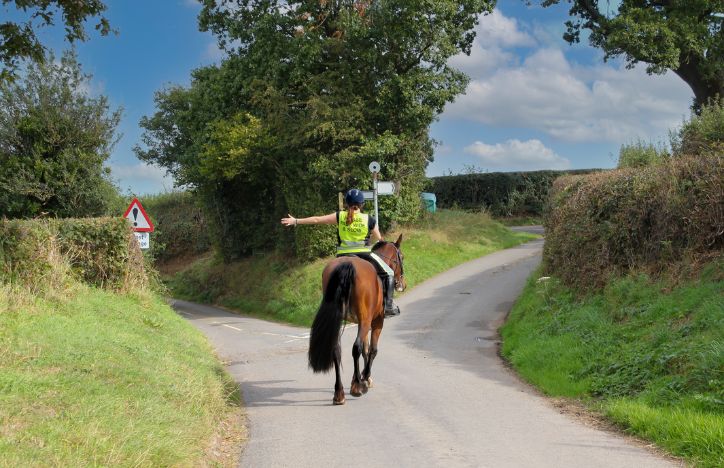Copyright protects the economic rights of authors in the works they create. The definition of “works” is broad and covers almost anything that has been fixed in a recorded format of some sort – from the painting of the Mona Lisa, to a line or two of code in an accounting app, or a handwritten note of a meeting.
The Copyright, Designs and Patents Act 1988 (“CDPA”) breaks protected works down into a number of categories, each with its own rules.
Authors (or owners, if an author has sold their work – see below) have a number of exclusive rights in relation to their works. These rights include copying a work, issuing it to the public, lending it to the public, performing it in public, communicating it to the public, or creating adaptations (such as translations) of it. Without the permission of the author, any of these acts when undertaken by a third party can constitute copyright infringement.
Copyright is distinct from “moral rights”, which are also granted to authors by the CDPA. These protect personal interests in a work, rather than economic interests. Examples include the right to object to derogatory treatment or be named as an author of a particular work. They can be waived in writing by the author, and this is common practice in most cases outside of artistic creation, journalism, or authorship in the traditional book/article sense of the word.















